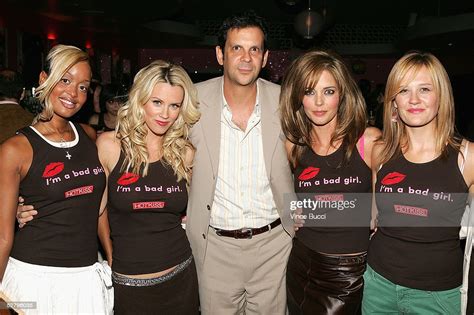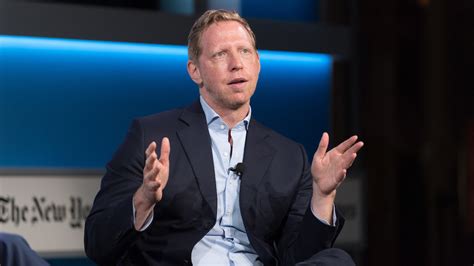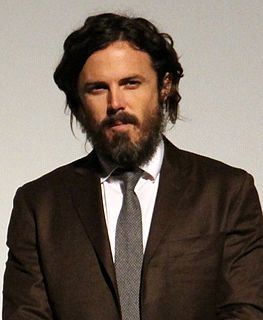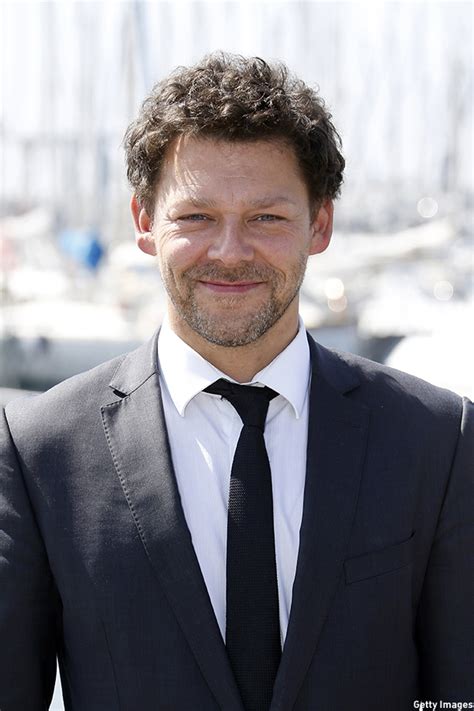A Quote by Jason Reitman
Really, it's the director's job to disappear and allow the movie to just feel.
Related Quotes
I think I'm an extremely conscientious producer and now equally as a director and it gives me the opportunity to look at the entire movie and really allow the movie to be the creative vision of the actors, the writer and myself, because I'm in charge of it from a producer and a director point of view.
What's interesting as a director, and even studio executives don't understand this, is that if you're directing a $200 million movie with six million people, it's the same as directing a $25,000 movie with three people. The director's job is, "You stand there and do that," or "This is the shot I want." The logistics change, but the job remains the same. And I enjoy the job.
Giancarlo Giammetti has a lot of nervous energy. He's a director, really. He was trying to direct the Valentino movie over my shoulder. I don't blame him - that's been his job for 50 years. But I had final cut in the movie by contract and I wouldn't have made the movie if I had not been completely independent.
I don't really like those sorts of actresses who say, 'I don't want to make that movie,' but they make the movie. They just spend their time not liking being on a set and I just think it's absurd, because we are so lucky to do this job. When you accept to make a movie, just make the movie. And then it's more easy for relationships.
I feel like I've been picky through the years and would do one movie a year or one movie every two years, and I want to work a lot more. So if I can find something that just happens right away as a director, I'll do it if I really love it, but otherwise, I want to keep working as an actor and getting better.
Not to knock the people who've given me the opportunity; I appreciate all the opportunities I've gotten, but one of the things I think I really learned from the features I got to direct is that your job as a director is everything about the movie. It's to pick a story that's really worth making, and make sure that the basic components are there. You're not just a part of the team. You're really in charge, and the responsibility falls on you if all the components aren't there for a worthwhile film.
I learned that you really don't have any control as a writer. Waah, waah, waah. Big deal. Unless you're the director on the movie, or putting up the money for the movie, you really don't have a lot of control. As someone who's just writing scripts, you just kind of have to shrug. I have no problems or issues with screenwriting in general. It is what it is.




































